Angola
Africa's megacities are set back by a lack of modern infrastructure. From Lagos to Kinshasa, Luanda to Abidjan, the demand for bigger roads, metros, bus systems, and bridges far outweighs the investment.
The United Nations recommends that by 2030 countries implement solutions for sustainable urban growth whose mobility is more environmentally friendly.
To achieve this goal, Angola intends to launch a surface metro for its capital, Luanda.
"[This is] a project of great contribution, to ensure, exactly, that both communities and cities healthier, and also, from the point of view of infrastructure, to bring innovation to our city by solving a major difficulty that is urban mobility," said transport minister Ricardo de Abreu in Luanda.
German transportation company Siemens Mobility will build the light rail under a Public-Private Partnership.
It is estimated to cover a distance of 149 km at a cost of around 3.5 billion dollars.
Luanda, the capital of oil-rich Angola houses 8 million people. The figure is expected to surge to 12 million people by 2030.
The German government has pledged to help Siemens secure financing for the project.
Luanda is one of Africa's biggest cities. And traffic gridlocks are common due to a lack of a modern public transportation system.




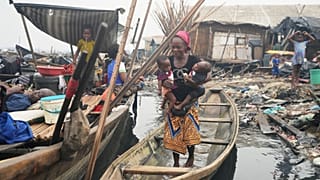



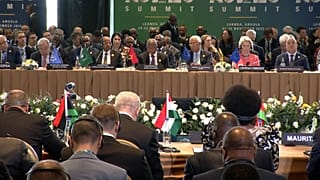
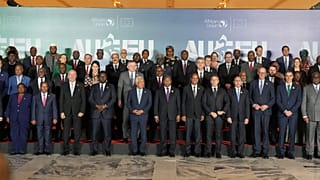
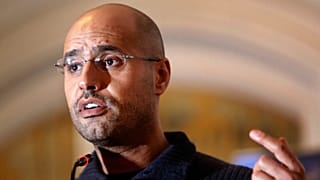

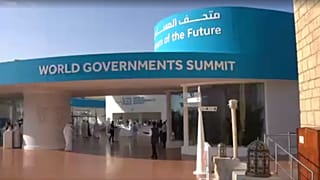
01:14
UN to deploy ceasefire monitoring mission to eastern DR Congo
01:19
United Nations renews political mission in Haiti for another year
01:42
United Nations and IOC calls for pause in wars during Winter Olympics
11:16
Tanzania eyes East Africa’s pharmaceutical hub crown {Business Africa}
Go to video
DRC: Kinshasa and UN launch humanitarian response plan
01:41
Mozambique expects death toll to rise as search for flood survivors continues